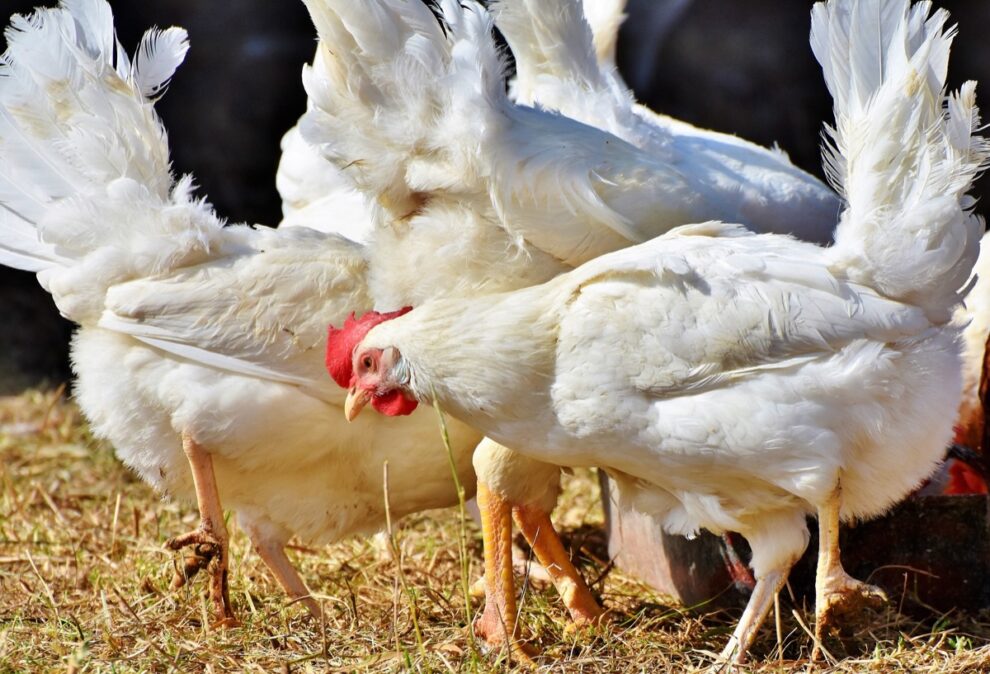The Cameroon Poultry Interprofessional Association (Ipavic) sent a letter on October 23 to sector players, informing them of its intention to standardize farmgate chicken prices.
The letter, signed by François Djonou, the president of this corporate group, suggested that chickens weighing between 1.8 and 2 kg would be sold at CFA2,300. The proposal did not receive unanimous approval from industry professionals. The Association of Broiler Chicken Producers in the Littoral and Southwest (Appolis) stated that this price does not reflect the reality of production costs.
“The price of CFA2,300 no longer corresponds to the actual cost of broiler production. To produce a chicken weighing 1.7 to 2 kg, you need to budget CFA2,200 in production costs. We believe that the margin of CFA100 does not match the efforts made over two months (the production period),” Patrick Bakam, interim vice president of Appolis, told Business in Cameroon. He praised efforts to harmonize chicken prices, as is the case for meats such as pork and beef. However, he wished the kilogram price to be “adjusted” to CFA1,500, while Ipavic had decided to cap it at CFA1,150.
Appolis’s proposal means that the farmgate price of a 2 kg chicken would thus be CFA3,000, instead of the Ipavic-set price of CFA2,300. The latter price was agreed upon with producers, as stated by Bertrand Benoît Onana, the permanent secretary of this professional organization. Patrick Bakam, the interim vice president of Appolis, claimed that the association to which he belonged was consulted before the announcement of the farmgate chicken price standardization. However, Ipavic claimed not to recognize it as an affiliated association.
“Appolis, as an association, is automatically affiliated with Ipavic since the interprofessional has extended competence,” said Patrick Bakam. Appolis regretted that its proposals were not taken into account by Ipavic. In addition to adjusting the kilogram price, the organization also wished for sales to be conducted via electronic weighing (from the farm to the market retailer) and for the kilogram price to be set based on the fluctuation of input costs and chick prices. In its late October statement, Ipavic already announced that “prices would be regularly adjusted based on the prices of raw materials.”
Source : Business Cameroon
















